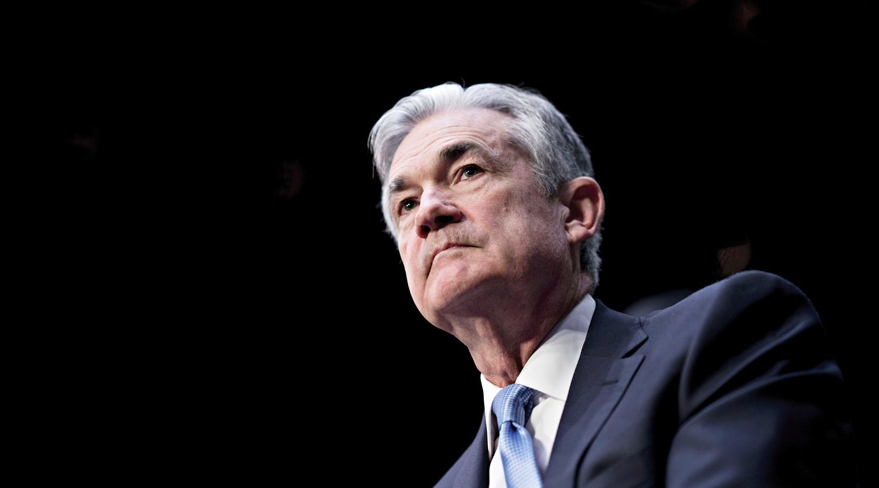For the first time in more than a decade, financial advisers are having to prepare client portfolios for an
interest rate cut by the Federal Reserve, and the general consensus of advice is to
try and not panic.
"Stay away from bank-loan bonds and high-yield bonds, because it would be a mistake to reach into the triple-B rated bonds for more yield. Just stay with investment grade bonds and take less yield," said Paul Schatz, president of
Heritage Capital.
Mr. Schatz, who is not a fan of the current direction of the
government's monetary policy, said the expected quarter-point rate cut at the end of this month will box the Fed into a corner if the economy falls into a recession.
"We've never started a rate-cut cycle with rates this low," he said. "There's only so much room between here and zero."
(
More:
Give us a break, active managers say)
The Fed's short-term rate, which is currently hovering around 2.25%, is already putting pressure on people who are in or near retirement and are looking for relatively safe retirement income.
Natalie Pine, managing partner at
Briaud Financial Advisors, said she has been buying brokerage certificates of deposits to lock in yields of around 2.3% for 2-year CDs.
"We're trying to lock in that rate because we expect money market rates to fall," she said. "I think a rate cut will push people into riskier investments because they can't earn as much on short-term money."
Dividend-yielding stocks is another area where investors can find some income as bond yields decline, according to Robert Greenman, lead adviser and partner at
Vista Capital Partners.
"Instead of relying on yield, we look to create income from portfolios by employing a total return approach," he said. "Dividends from stocks accompanied by the occasional return of principal from asset sales. This approach allows portfolios to provide reliable income in any rate environment, and it allows for portfolio construction to not be influenced by changes in interest rates."
(
More: Fed scraps 'patient' rate approach in prelude to potential cut)
With Fed rates so low, it would be impossible to forecast a prolonged cycle of interest-rate cuts, but there could be a small, near-term boost to bond funds, according to Ryan Wibberley, chief executive of
CIC Wealth.
"If the Fed lowers rates that will be a negative for savers, especially those investors with cash in high-yield savings accounts," he said. "If you own a bond fund, you will likely see the value of your fund rise. And investors with fixed annuities and CDs will be affected negatively as the current rates on those investment vehicles will most definitely be lower."
Jamie Hopkins, director of retirement research at
Carson Group, said lower rates is not what most retirees are hoping for.
"Lower and continued low interest rates make a lot of retirement income strategies harder to pull off effectively," he said. "Lower rates will continue to put pressure on insurance companies, long-term care insurance premiums and annuity products."
Mr. Hopkins added that the risk is that retirees and their advisers will try to make up for the lower fixed-income yields by taking on more risk.
"Retiree clients having too much equity exposure due to continued low rates is a problem," he said. "Advisers need to do a better job leading with planning with their clients and stressing the importance of protection strategies for those heading into retirement."
Along those lines, Mr. Schatz of Heritage Capital, chastised advisers who didn't take advantage of interest rates when yields were
climbing up through November.
"Hopefully you were smart enough to have a laddered bond portfolio already or bought a lot of bonds when the 10-year Treasury was at 3.25%," he said. "If you were dumb enough to stay in cash you get what you deserve."







